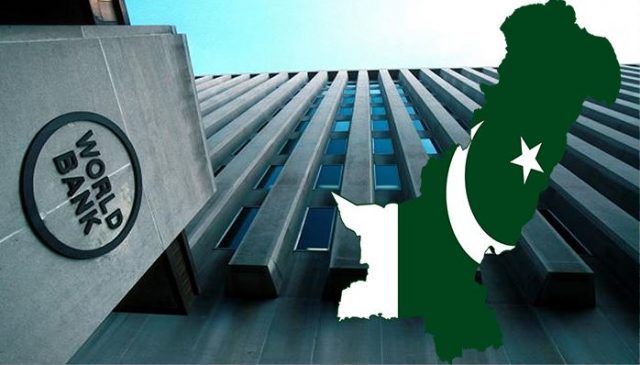PESHAWAR: The World Bank has expressed concerns over the slow progress of the Khyber Pakhtunkhwa Renewable Energy Project, downgrading its rating due to the project’s failure to achieve its intended goals.
In a letter to the Additional Chief Secretary, KP, Imtiaz Hussain Shah, the World Bank praised the successful completion of the Madian Hydropower Project and the Gurbal Kalamm Project, but expressed disappointment over the slow pace of Renewable Energy Project.
The project, which has entered its fourth year, has failed to achieve several key objectives, prompting the World Bank to disburse less than 2% of the loan amount. The bank has attributed the delay to the project’s poor performance and has downgraded its rating. The World Bank has urged the project management to expedite the process and complete the necessary work to achieve the desired results.
The letter also mentioned that despite the issuance of a No-Objective Certificate (NOC) on March 25, the contract has not been awarded yet. The World Bank has urged the need for timely completion of the project and has offered its support to the project management to achieve the desired goals.
The success of Renewable Energy Project has been linked to the success of the Gurbal Kalamm Project, and the World Bank has encouraged the project management to learn from the experiences of the latter. The bank has also offered its support to the project management to expedite the procurement process, reminding them of the bank’s existing rules and regulations that can be leveraged to achieve the desired results.




